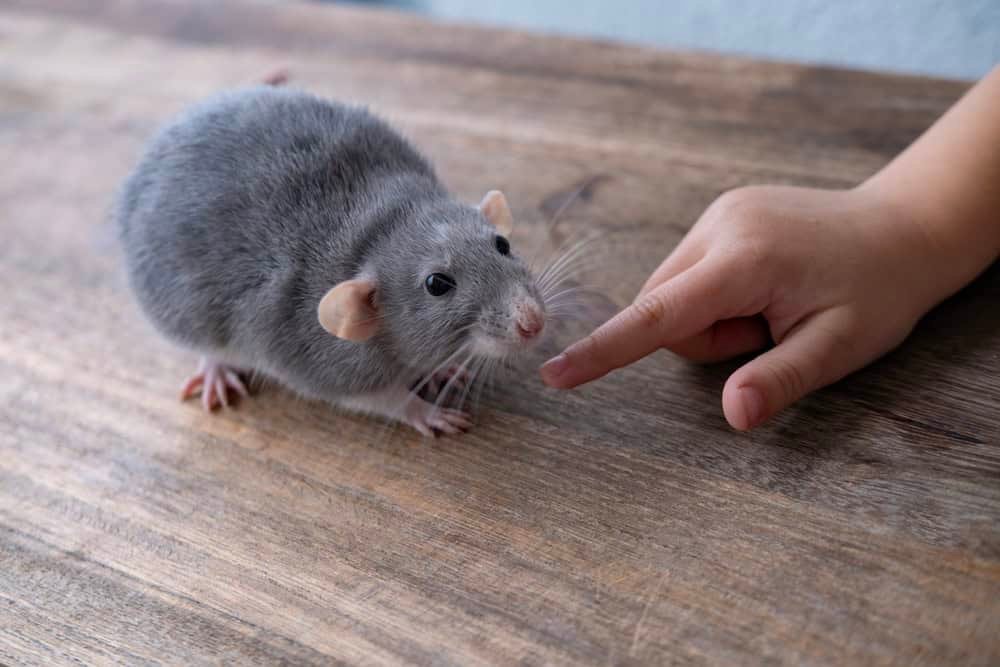Animal behavior is a fascinating field that offers insights into how organisms interact with their environment, each other, and themselves. While external factors such as environment and experience play vital roles, genetics also significantly guide many behaviors observed in the animal kingdom. Understanding how genes influence animal behaviors can provide insights into both evolution and the adaptive strategies that species employ for survival.
The Genetic Basis of Behavior

Genes are segments of DNA that encode for proteins, which, in turn, influence physiological traits and behaviors. Essentially, behaviors often have genetic underpinnings, meaning that changes in DNA can result in different behavioral outcomes. Research in behavioral genetics aims to determine which genes are involved in specific behaviors and how mutations in these genes can lead to behavioral changes.
Evolution and Behavioral Adaptations

Through natural selection, behaviors that increase survival and reproductive success tend to be preserved within populations. Over generations, genetic variations that lead to advantageous behaviors become more widespread. For example, migratory behaviors in birds are believed to have developed through genetic adaptations to ensure survival in changing environments.
Innate vs. Learned Behaviors

Animal behaviors generally fall into two categories: innate (instinctual) and learned. Innate behaviors are hardwired into an animal’s genetic makeup, meaning individuals exhibit these actions naturally, without prior experience or learning. Conversely, learned behaviors arise through interactions with the environment and experience and can change over time. Understanding the interplay between these behaviors provides insights into the complexity of genetic influence.
Gene-Environment Interactions

While genes are crucial in shaping behavior, the environment also plays a pivotal role. The concept of gene-environment interaction explains how external factors can modify gene expression and, consequently, behaviors. For instance, certain bird species exhibit singing behaviors that depend on both genetic predispositions and environmental triggers, like hearing adult conspecifics’ songs.
Behavioral Genomics Tools and Techniques

With advances in genomic technologies, scientists can now analyze vast amounts of genetic data related to behavior. Techniques such as genome-wide association studies (GWAS) and CRISPR gene editing have revolutionized our understanding by allowing researchers to identify specific genes associated with distinct behaviors and even modify them to observe resultant changes.
Case Studies

Research has uncovered various examples of genetic influence on animal behavior across different species. In canines, variations in the oxytocin receptor gene have been linked to differences in social bonding behaviors. Similarly, in fruit flies, mutations in the ‘period’ gene are known to affect circadian rhythms and related activities.
The Role of Epigenetics in Behavior

Epigenetics involves changes in gene expression that do not alter the DNA sequence itself, often due to environmental factors. These changes can have a significant impact on behavior. For instance, early nurturing in rodent pups can lead to alterations in stress-related genes, deeply influencing their stress responses and social behaviors as adults.
Implications for Conservation and Welfare

Understanding genetic influences on behavior has practical applications in conservation and animal welfare. It helps in breeding programs aimed at preserving endangered species by ensuring that key behavioral traits are maintained. Additionally, it aids in improving the welfare of domestic animals by identifying and promoting traits that lead to better adaptation to human environments.
The Ethical Considerations of Genetic Research

While genetic research in animal behavior holds promising possibilities, it also raises ethical concerns. Manipulating genes to modify behaviors necessitates a careful examination of potential consequences on the animals’ well-being and ecological balance. It is crucial for scientific communities to establish ethical guidelines that protect animals while advancing our understanding of genetic influences on behavior.
The Future of Behavioral Genetics

As technology continues to advance, the field of behavioral genetics is likely to unveil even more intricate connections between genes and behavior. Future research might decode behavioral complexities and further bridge the knowledge between genetics, environment, and behavior, potentially leading to innovative applications in various scientific domains.
In conclusion, the interplay between genes, behavior, and environmental factors is a dynamic and complex area of study. Delving into how genes influence animal behaviors not only enhances our understanding of the natural world but also supports efforts in conservation and animal welfare, always demanding a balance between scientific exploration and ethical responsibility.

Jan loves Wildlife and Animals and is one of the founders of Animals Around The Globe. He holds an MSc in Finance & Economics and is a passionate PADI Open Water Diver. His favorite animals are Mountain Gorillas, Tigers, and Great White Sharks. He lived in South Africa, Germany, the USA, Ireland, Italy, China, and Australia. Before AATG, Jan worked for Google, Axel Springer, BMW and others.




